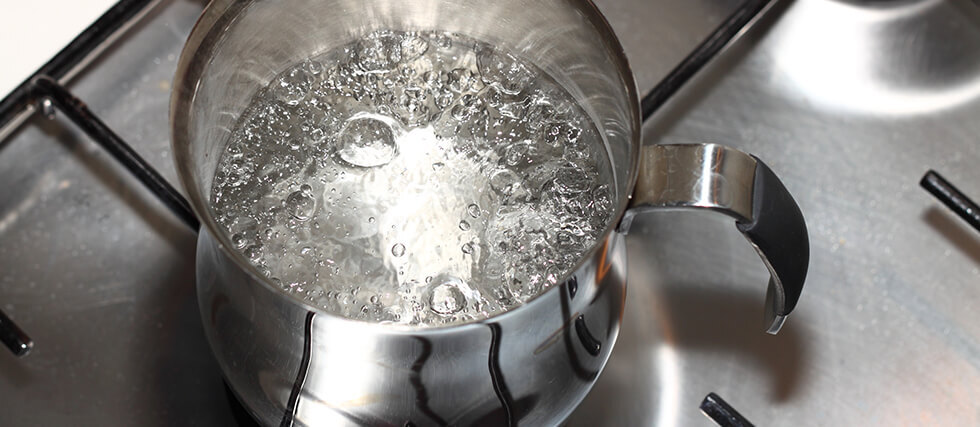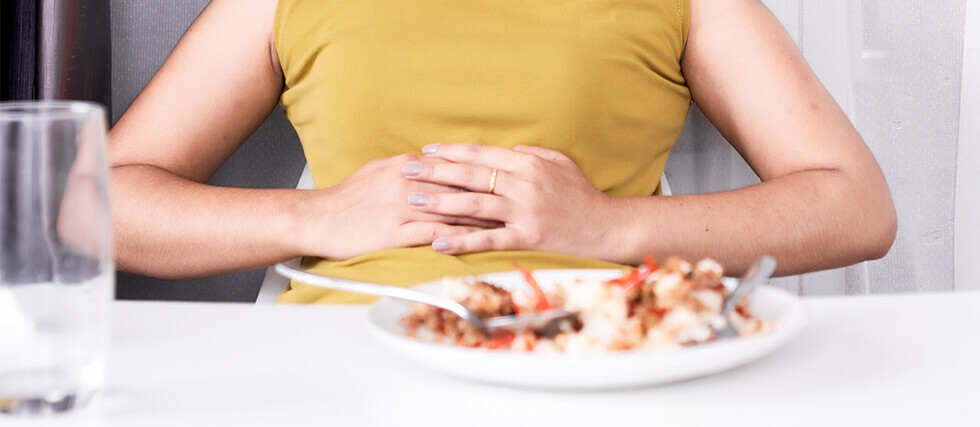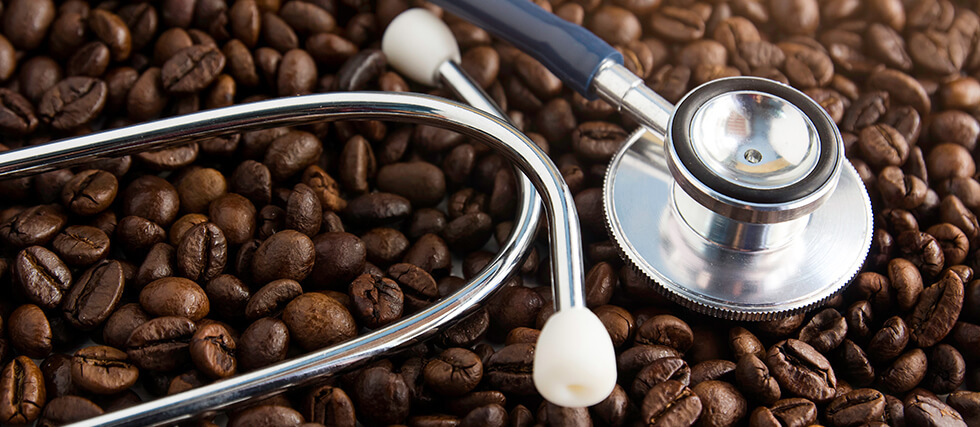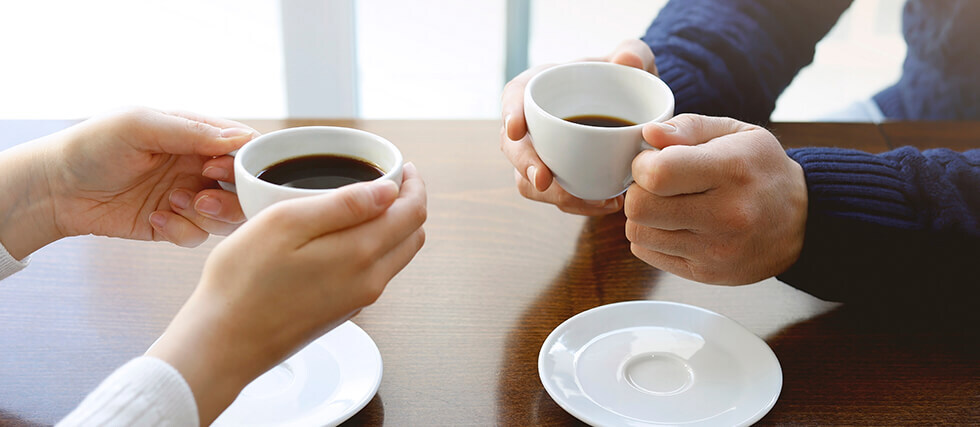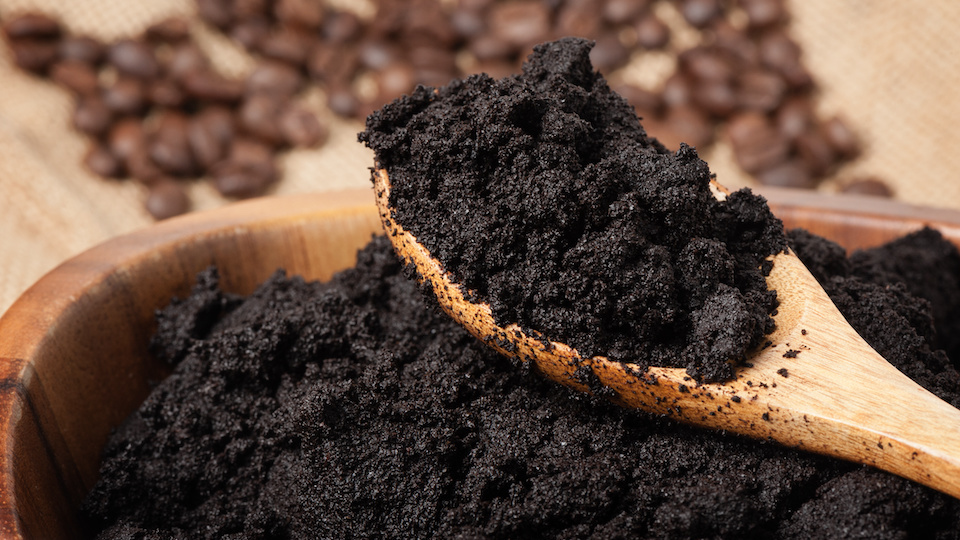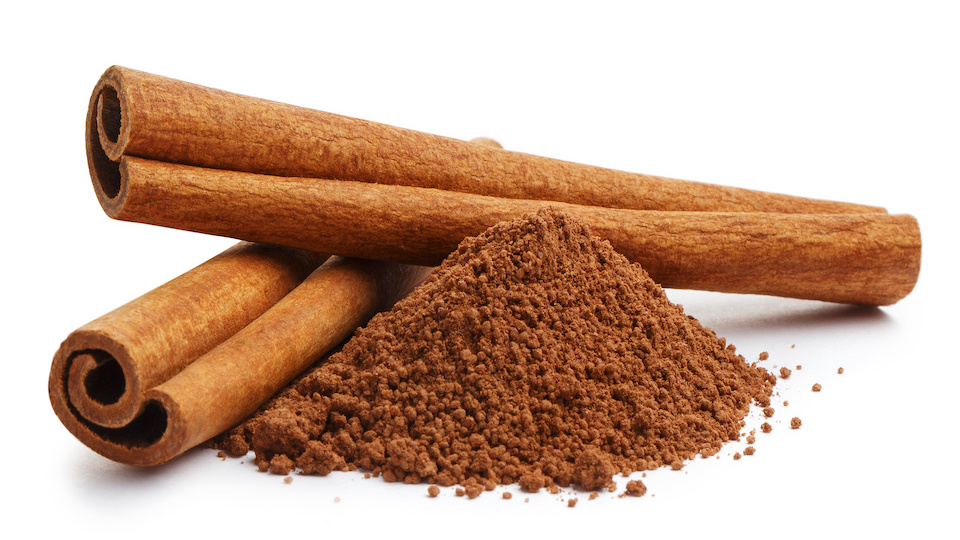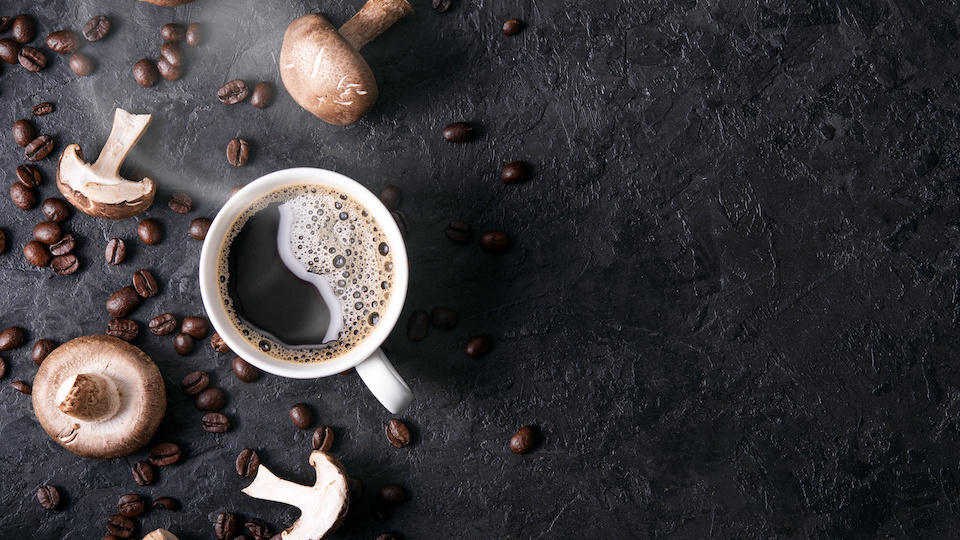Why You Should Never Boil Water That Hot for Tea or Coffee
Boiling water may seem like the obvious choice for making tea or coffee, but cranking it to a rolling boil can ruin your drink. Water boils at 212°F (100°C), but most teas and coffees thrive at lower temperatures. Using water that’s too hot scorches delicate flavors and extracts unwanted bitterness.
The ideal temperature for coffee, especially with methods like pour-over or French press, is between 195°F and 205°F. Water above that range pulls out bitter, overextracted compounds from the coffee grounds, leading to a burnt or sour taste. That’s why baristas never use freshly boiling water—letting it cool for just 30 seconds can make a world of difference in flavor.
Tea is even more sensitive. Green and white teas should be steeped with water between 160°F and 180°F. Using boiling water can burn the leaves, resulting in a bitter, grassy taste. Even black tea, which is more robust, does better around 200°F, not a full boil. Herbal teas are usually the only blends that can handle water at 212°F.
Beyond taste, there’s a practical reason, too: Boiling water too hot can crack delicate glass teapots or damage certain coffee gear not built for extreme temps.
Tip: If you don’t have a thermometer, just bring the water to a boil and let it sit for about 30–60 seconds before pouring—it naturally cools to the right range.
Respecting proper water temperature helps preserve the flavor, aroma, and complexity of your tea and coffee.


